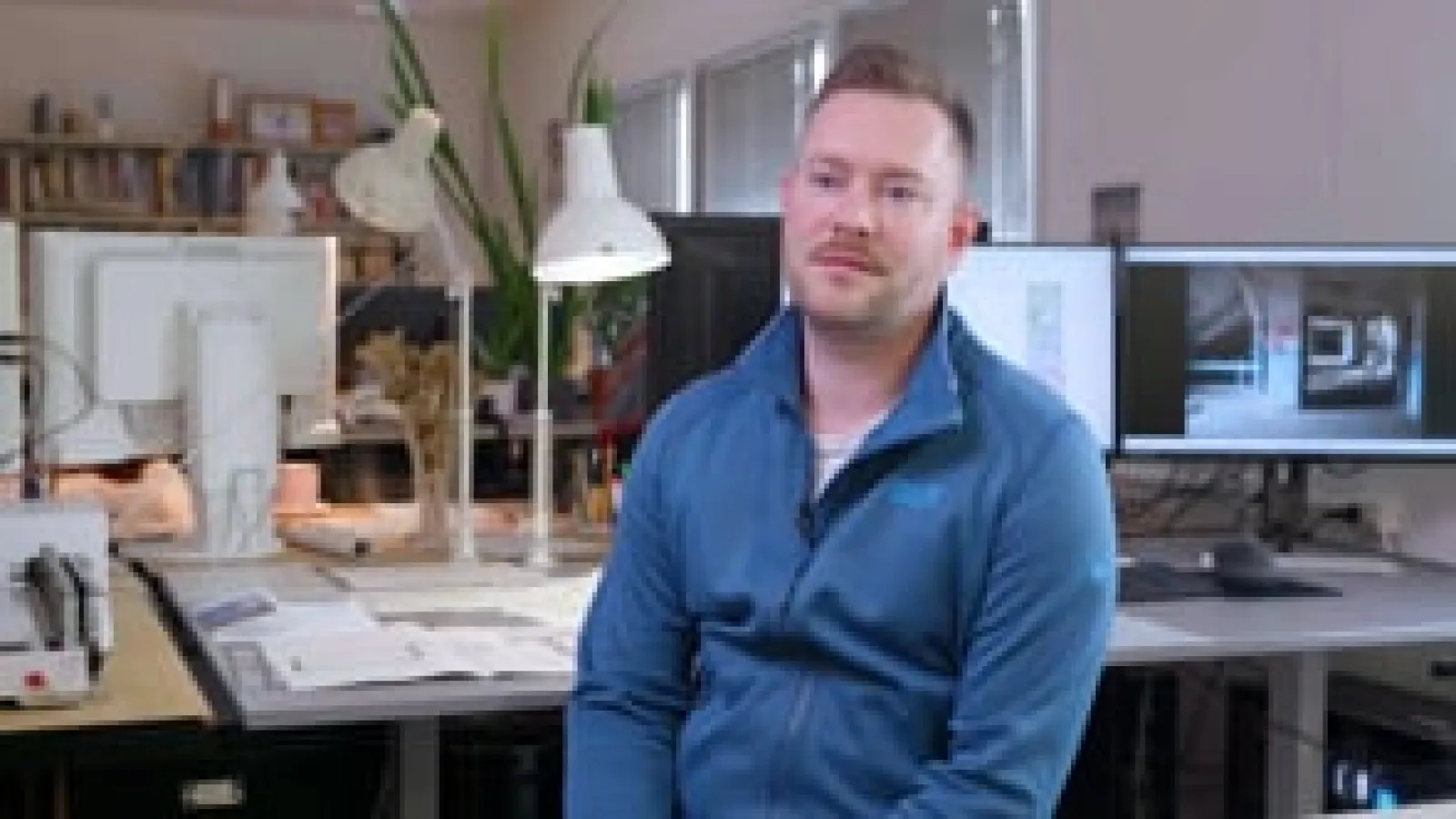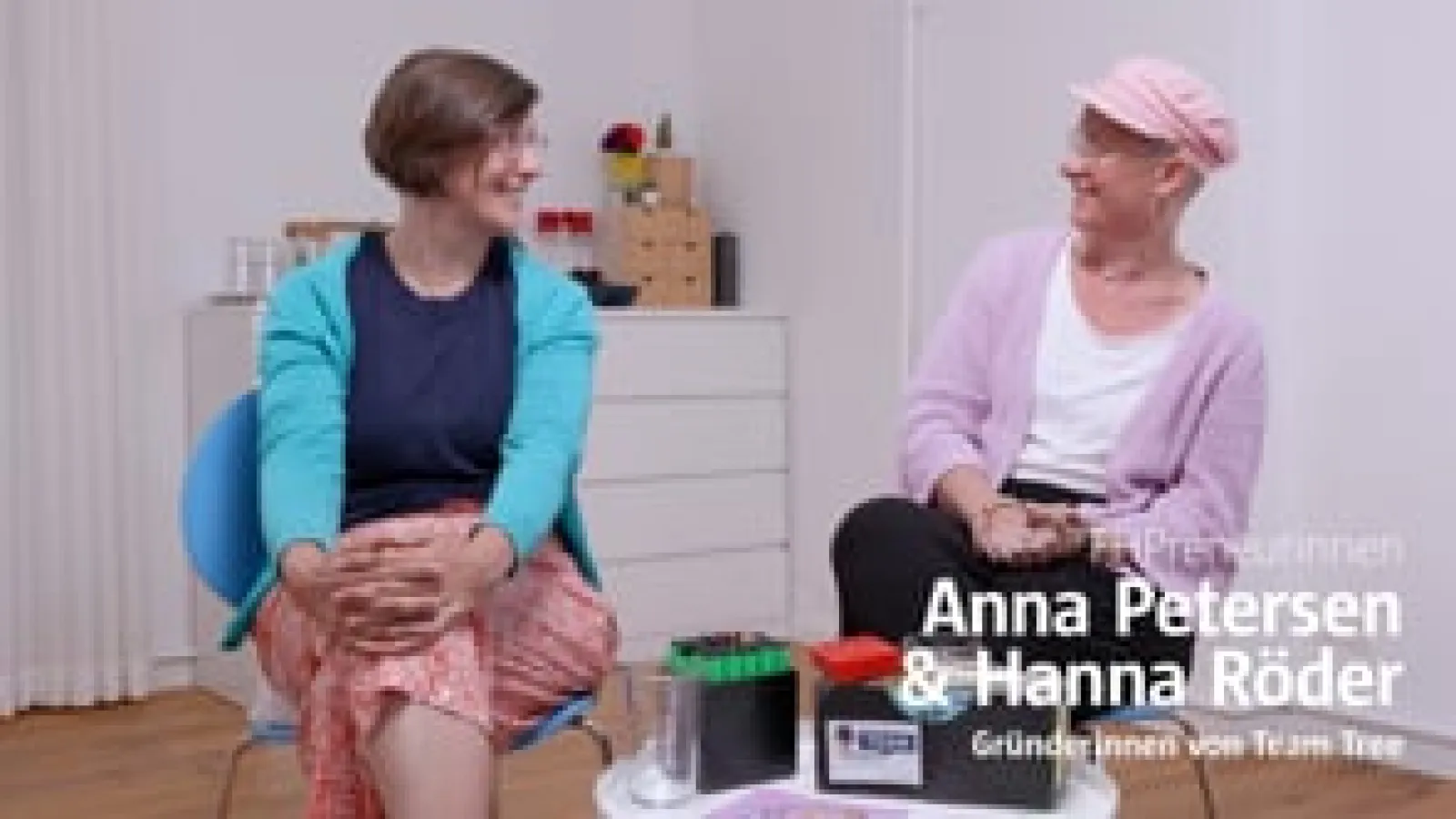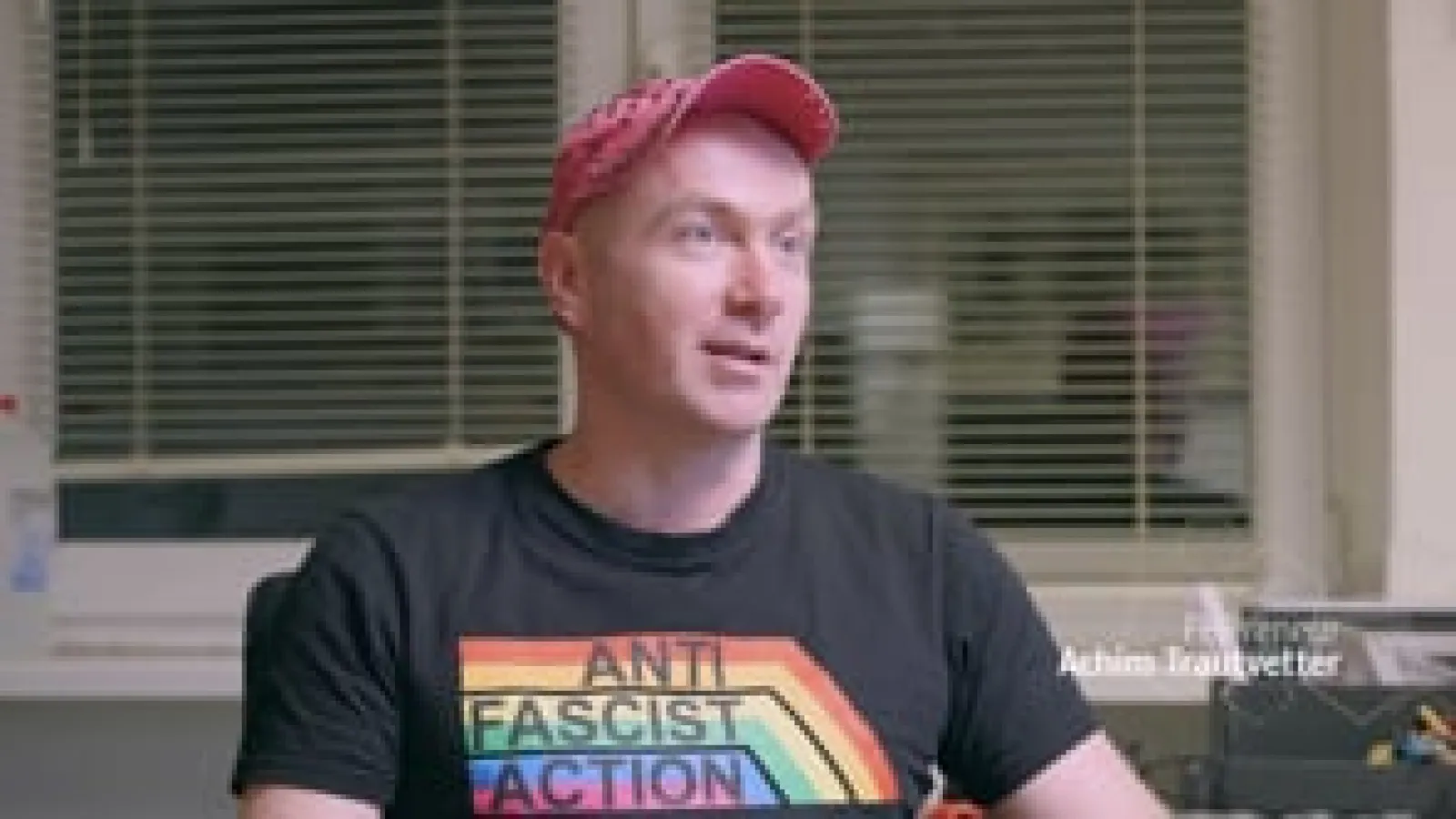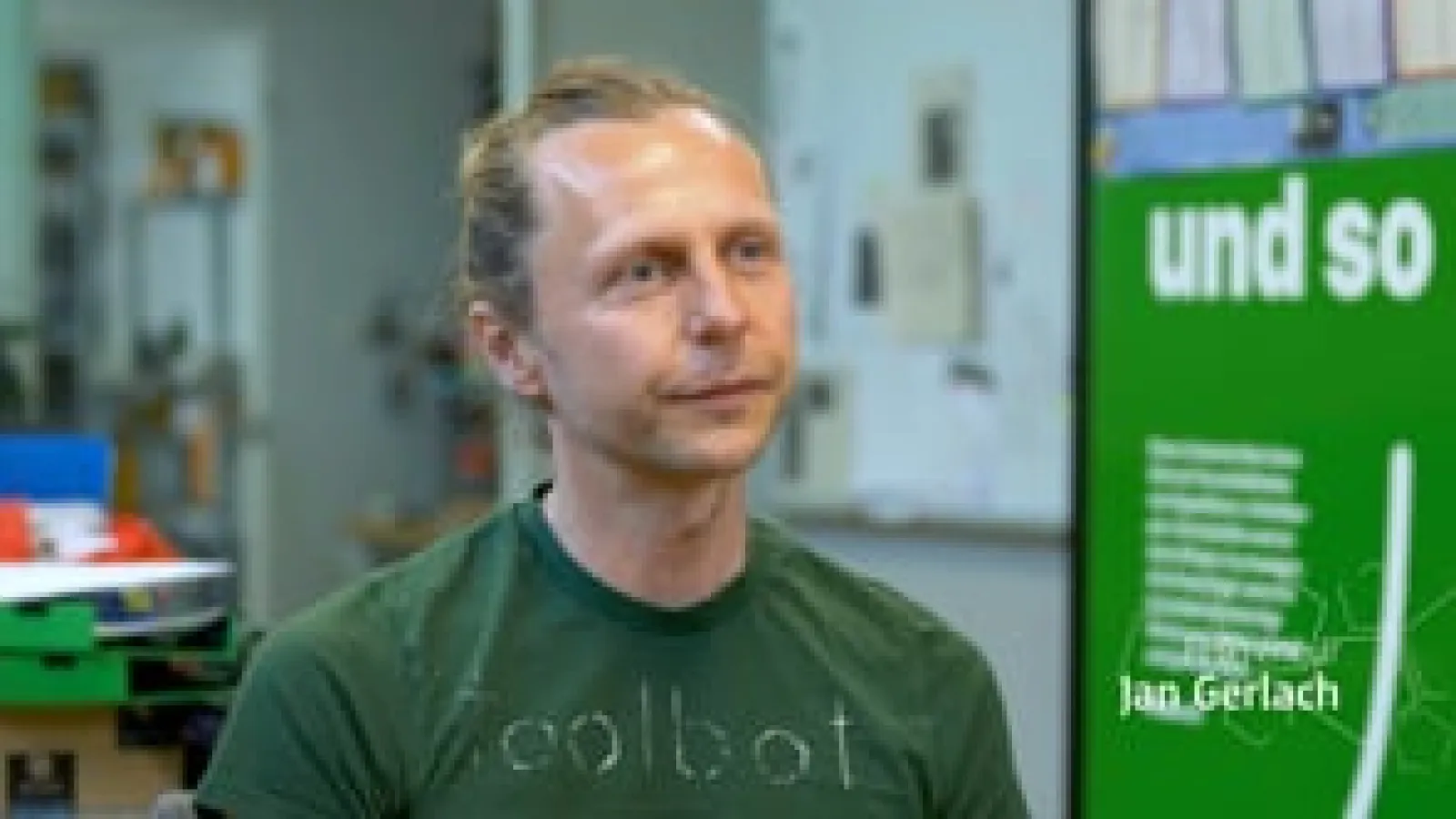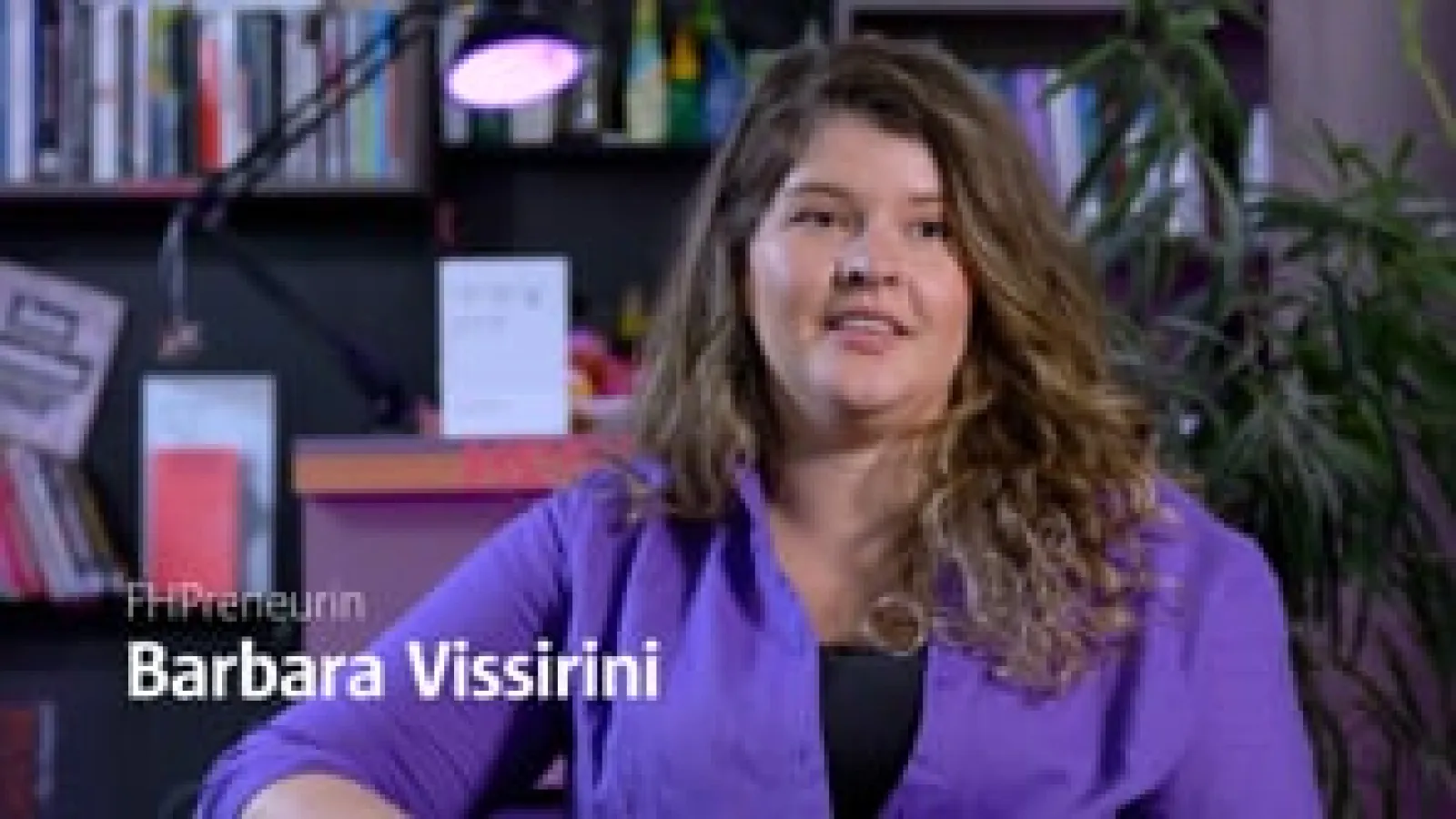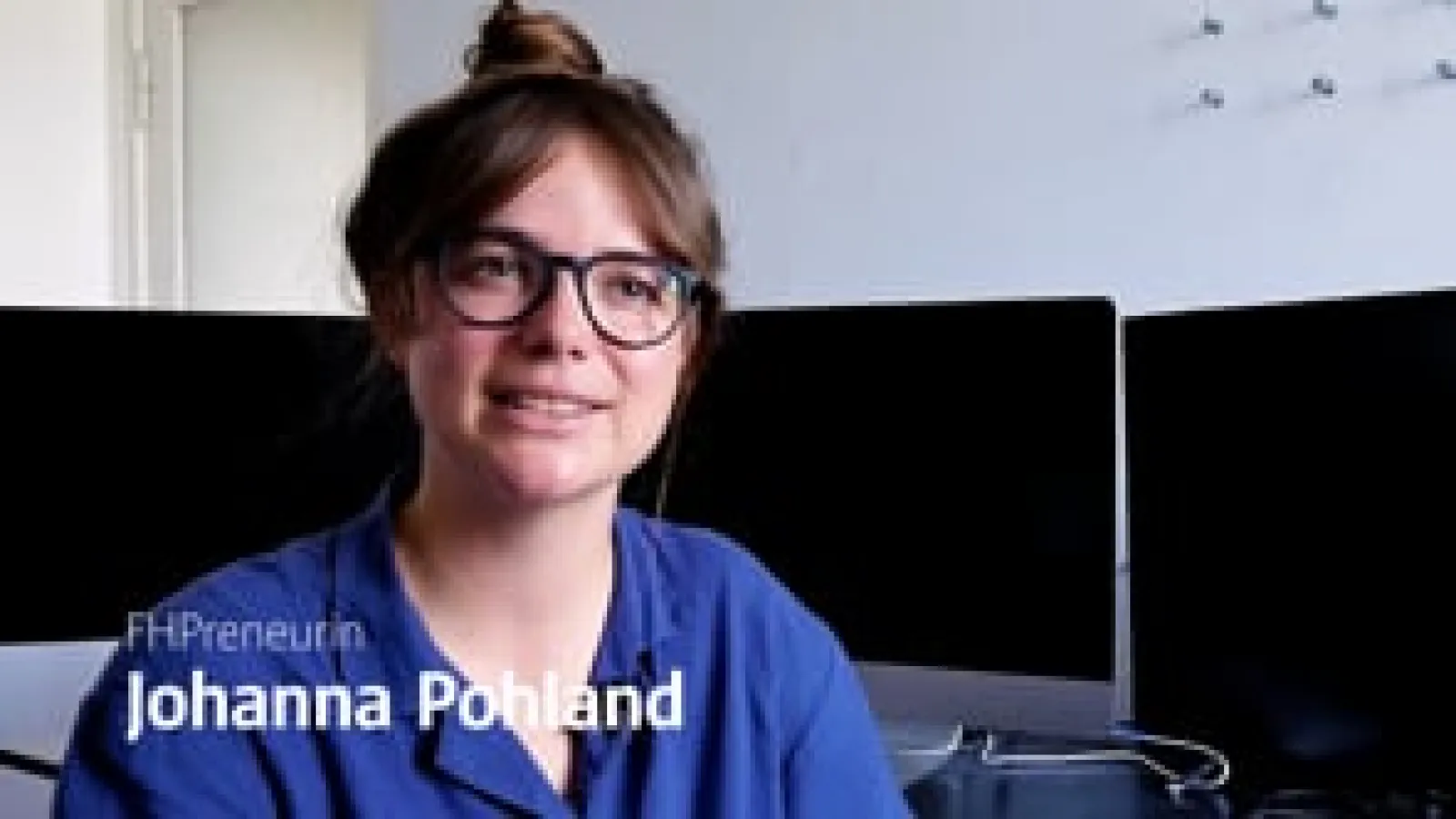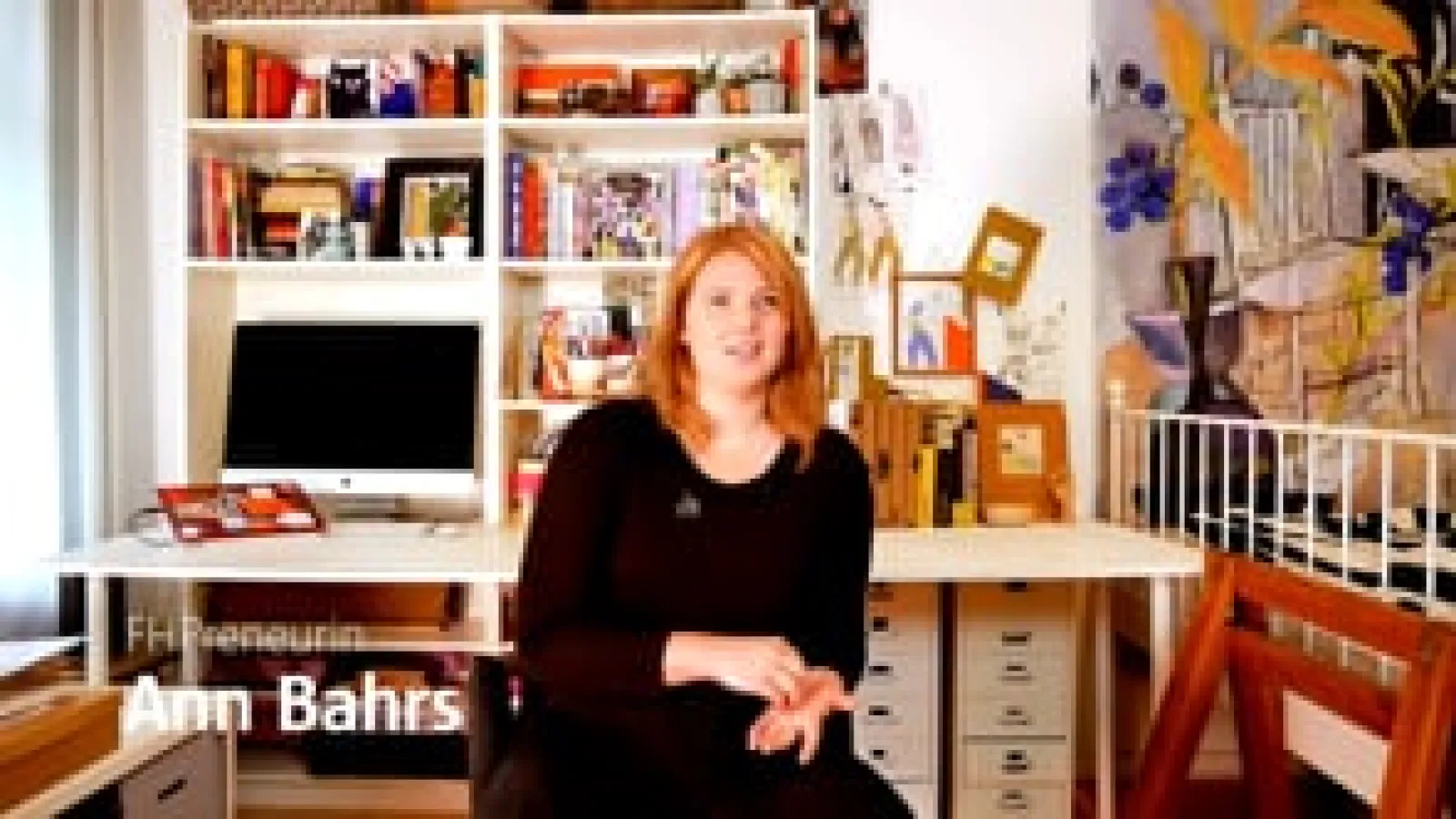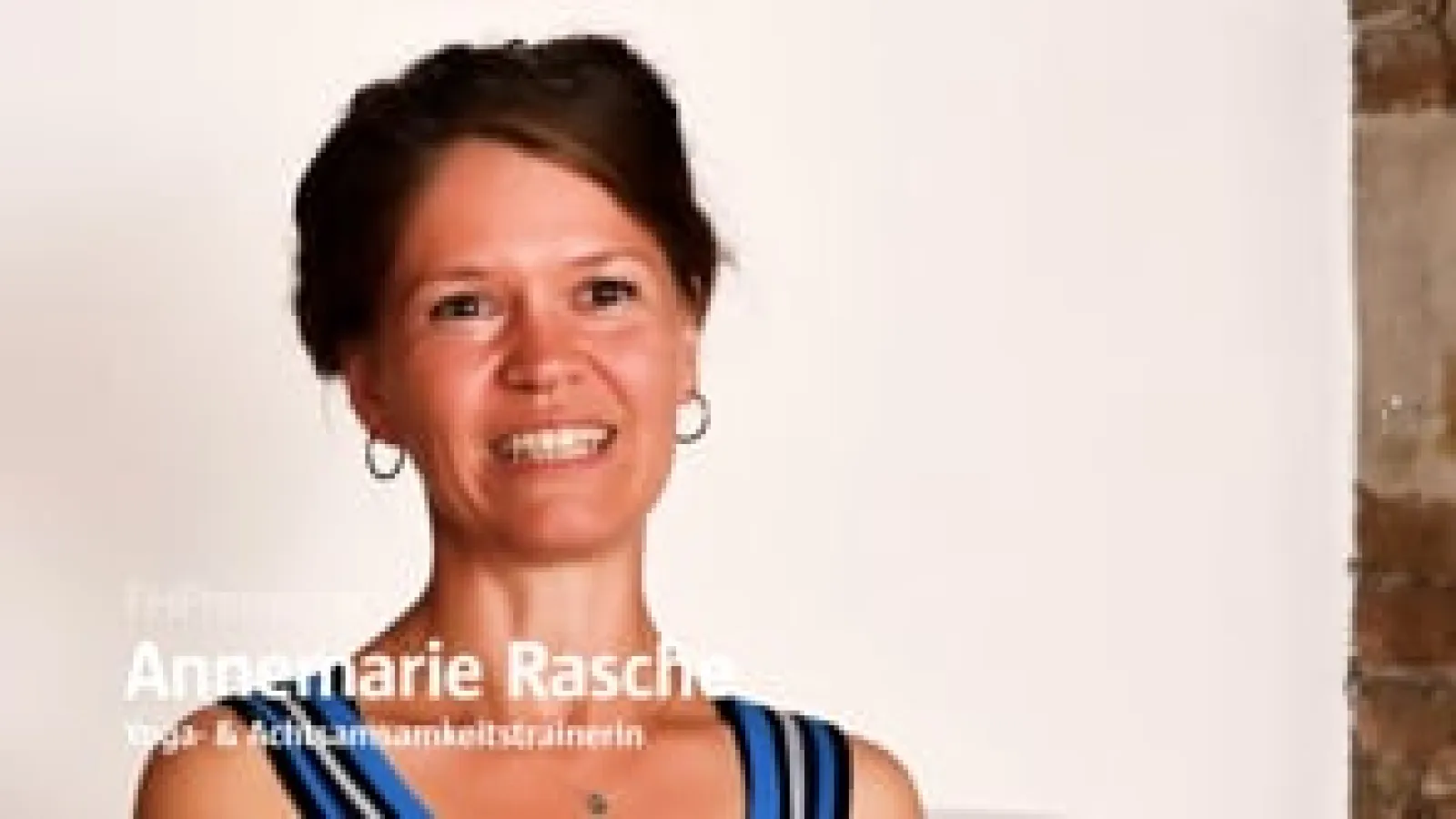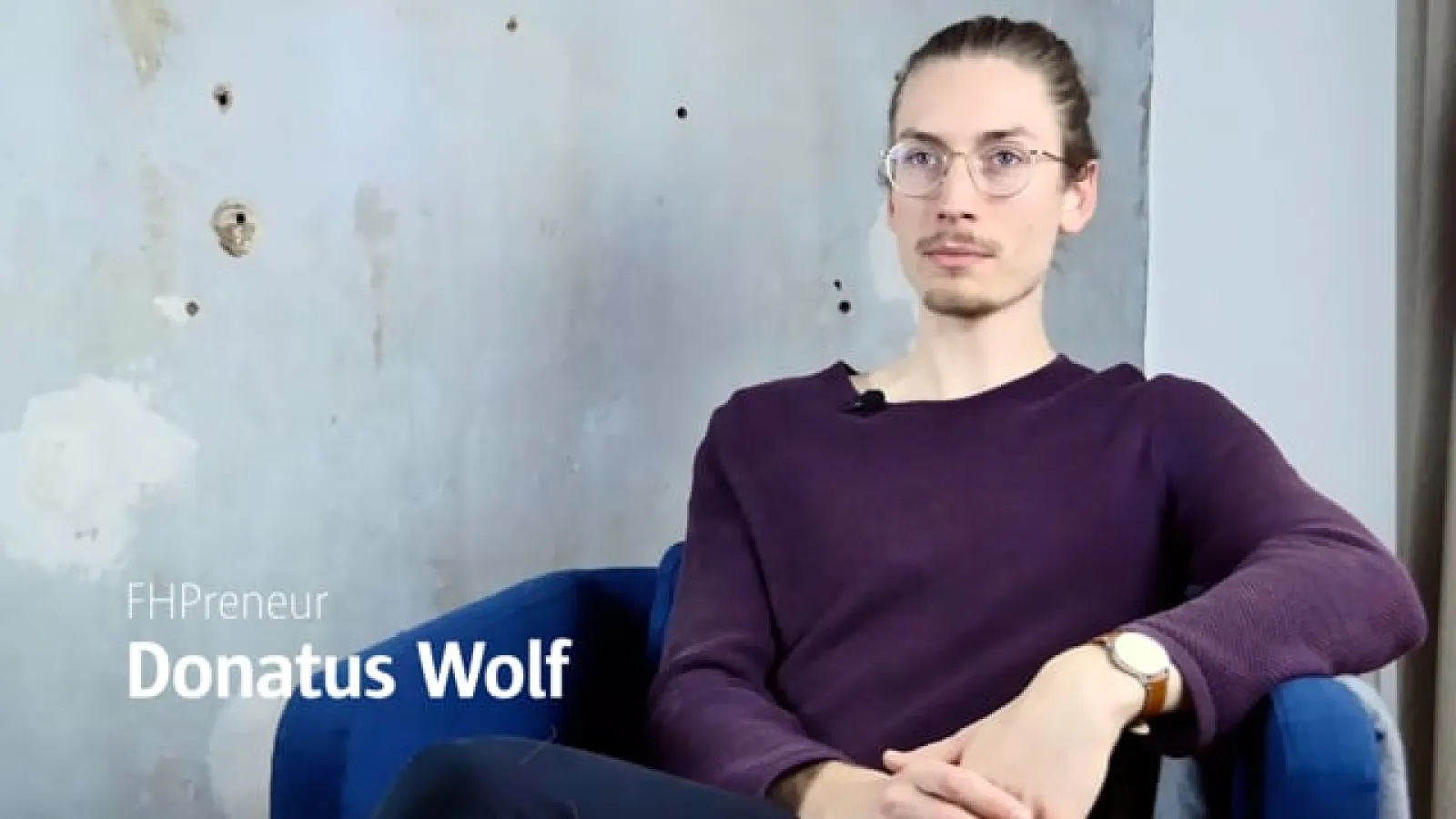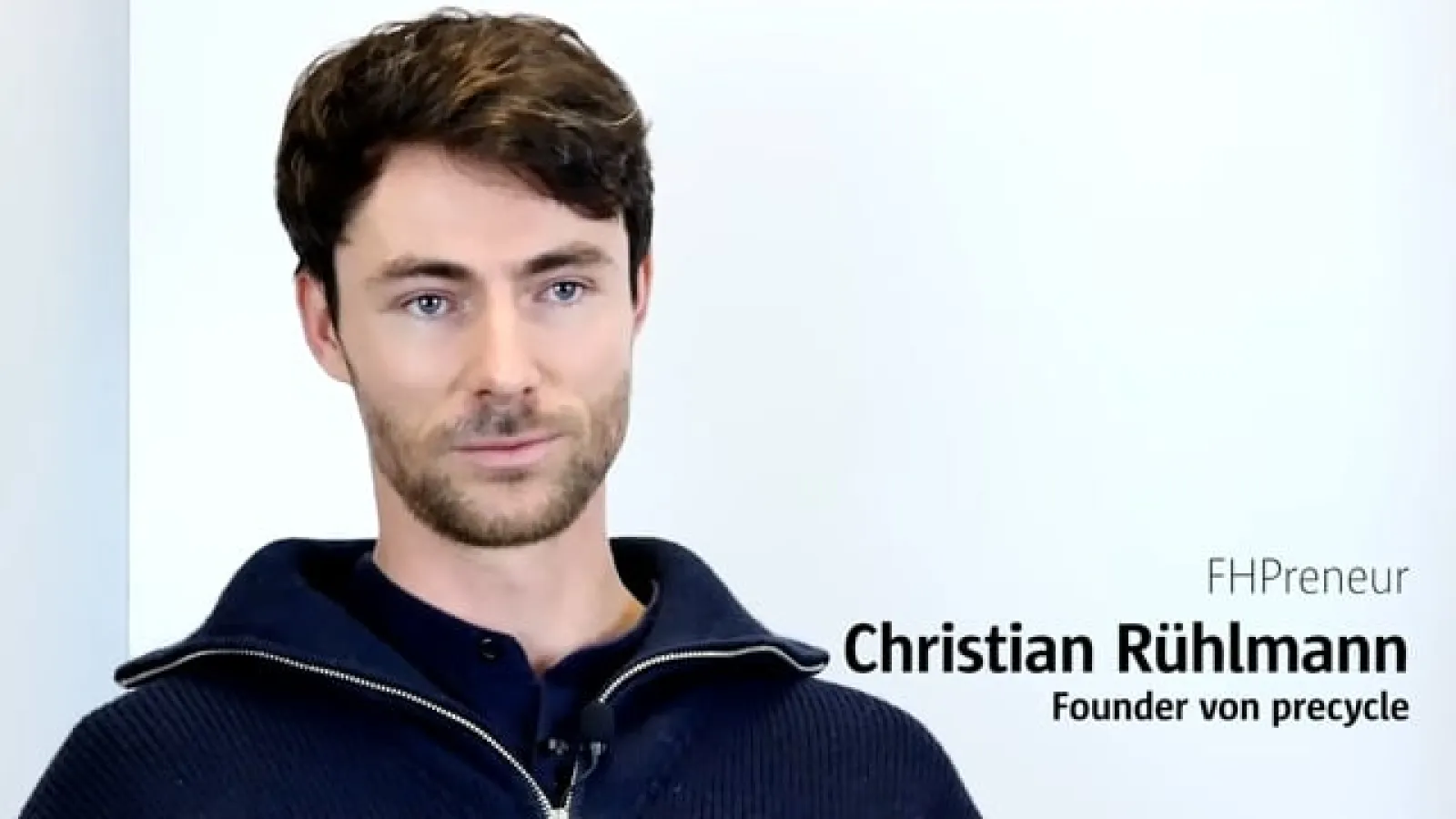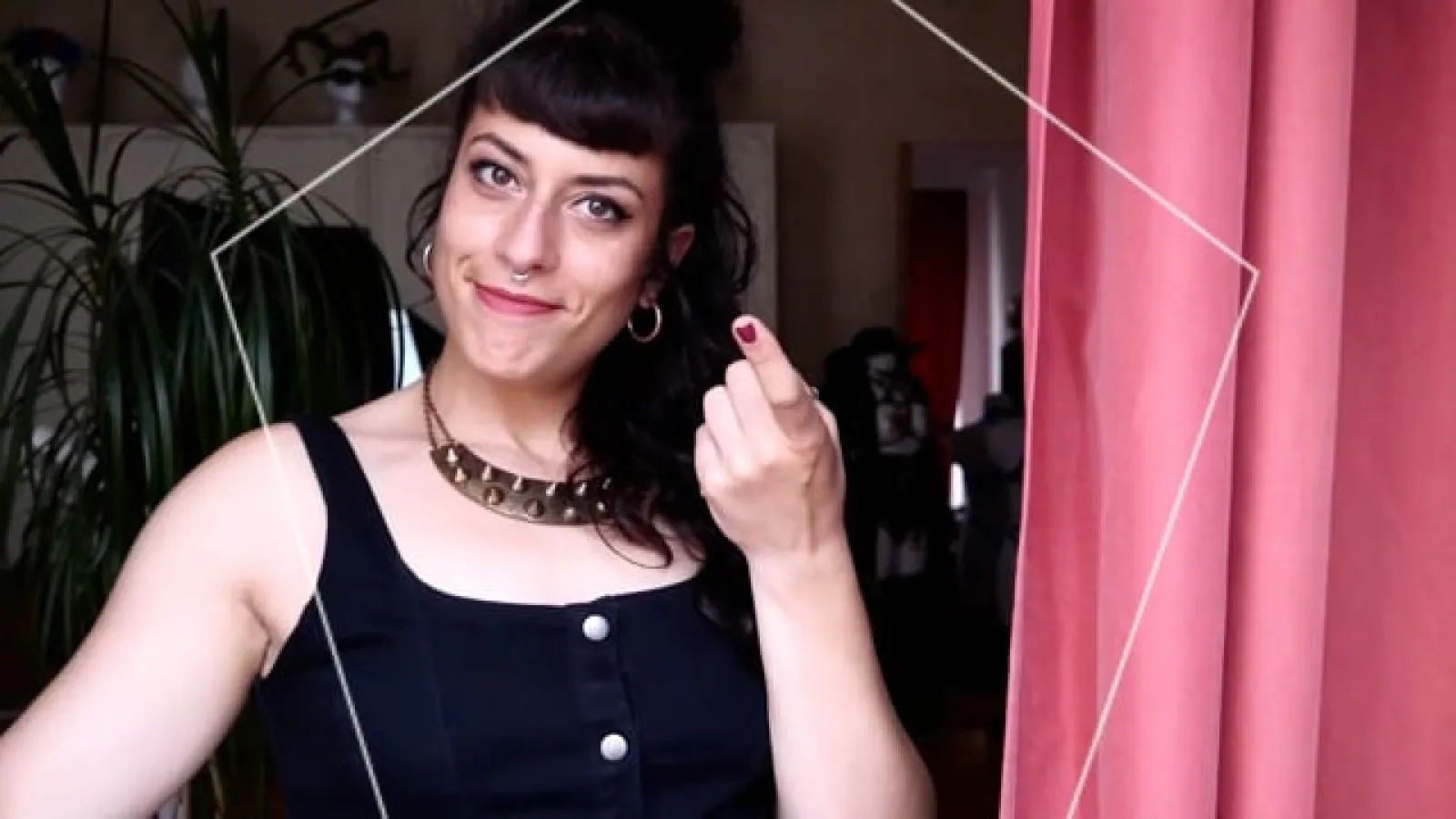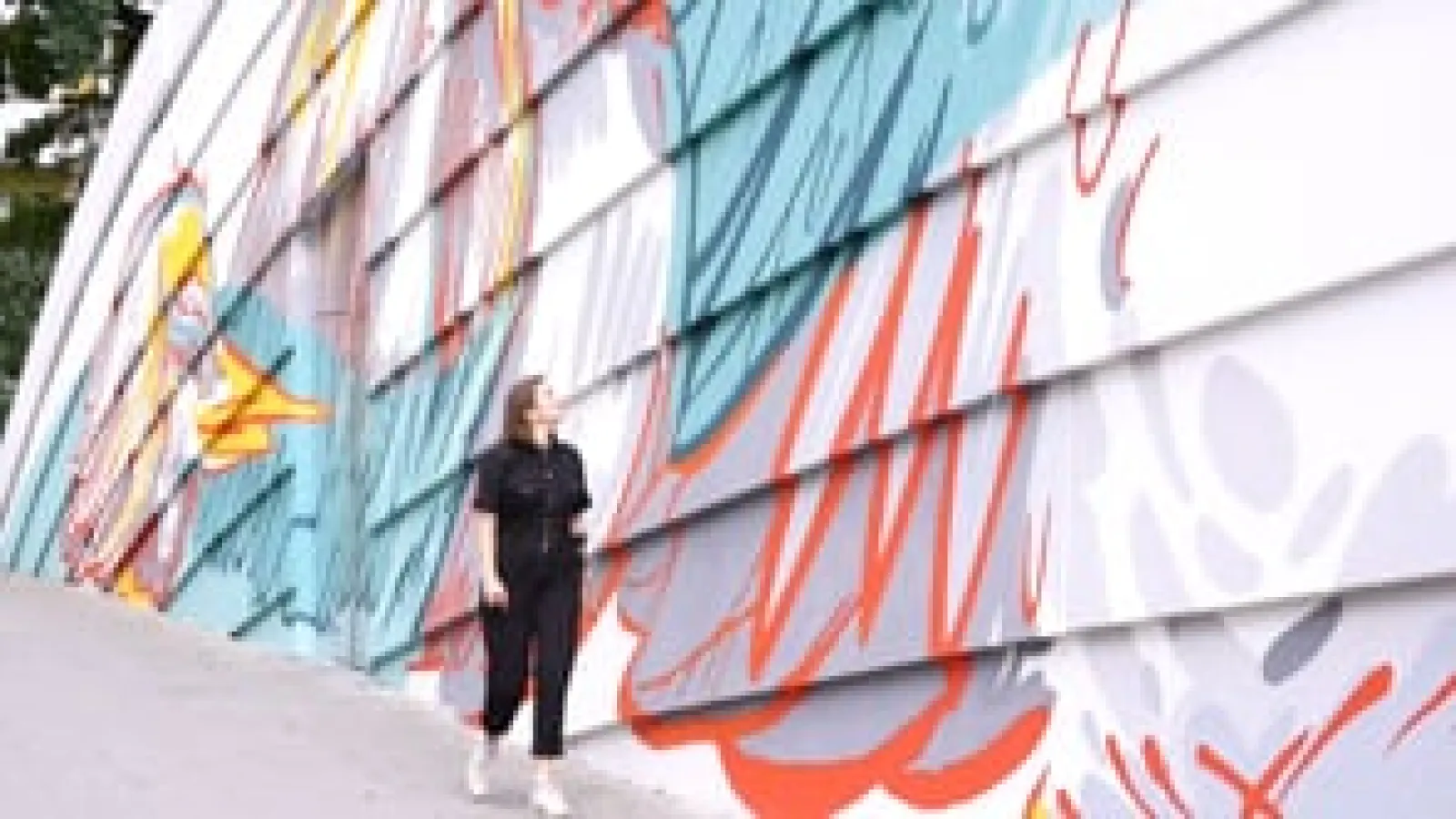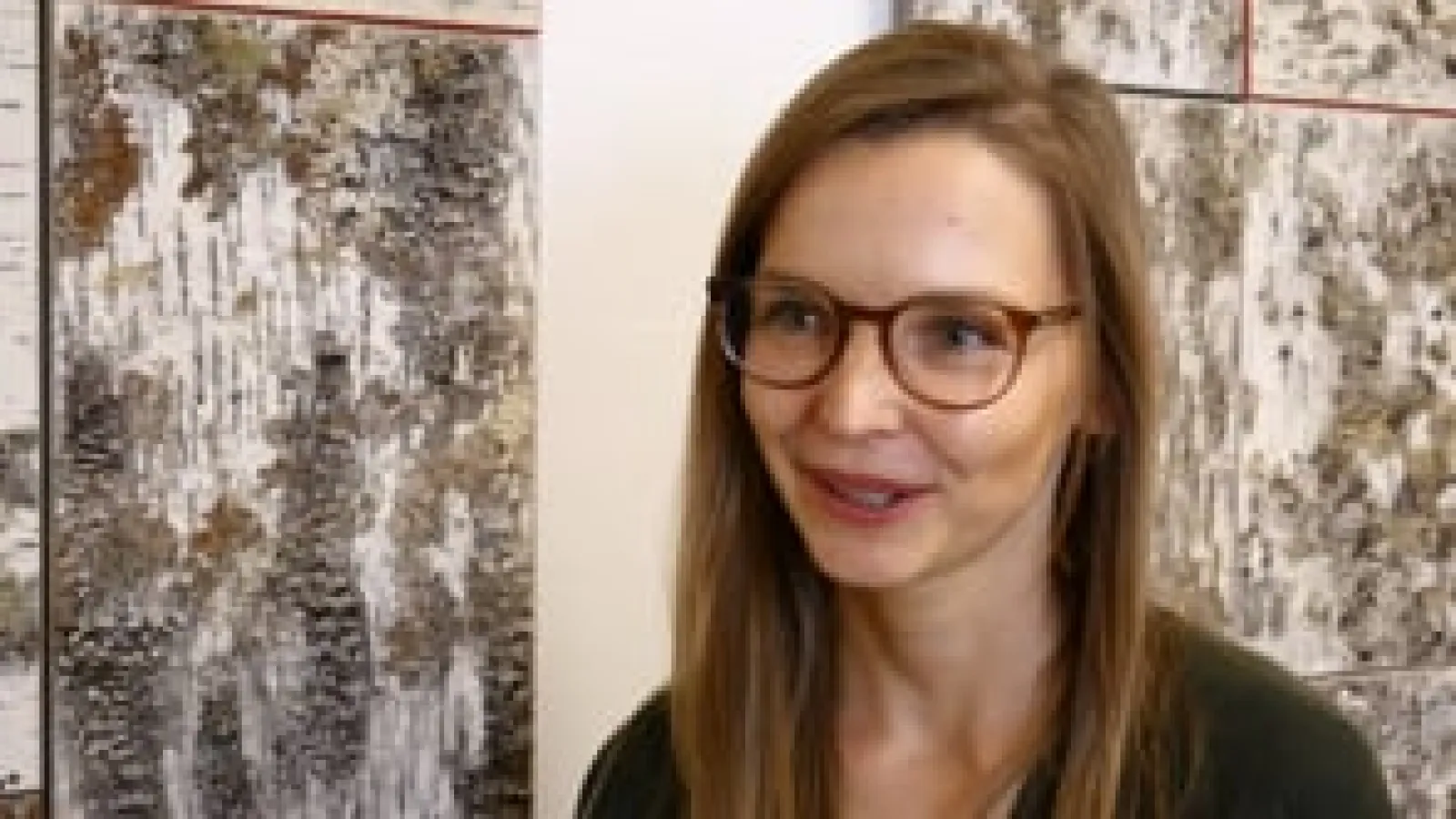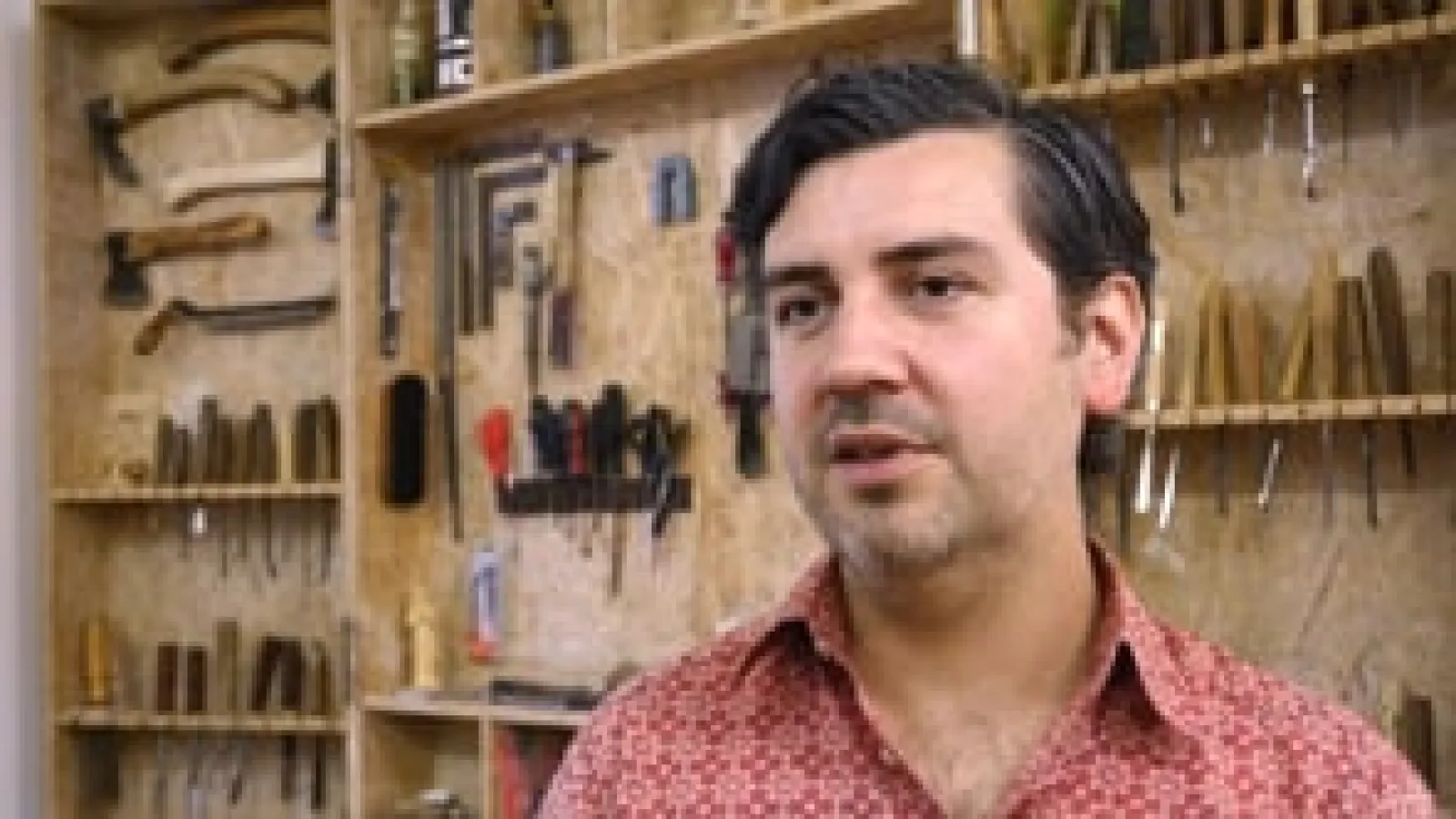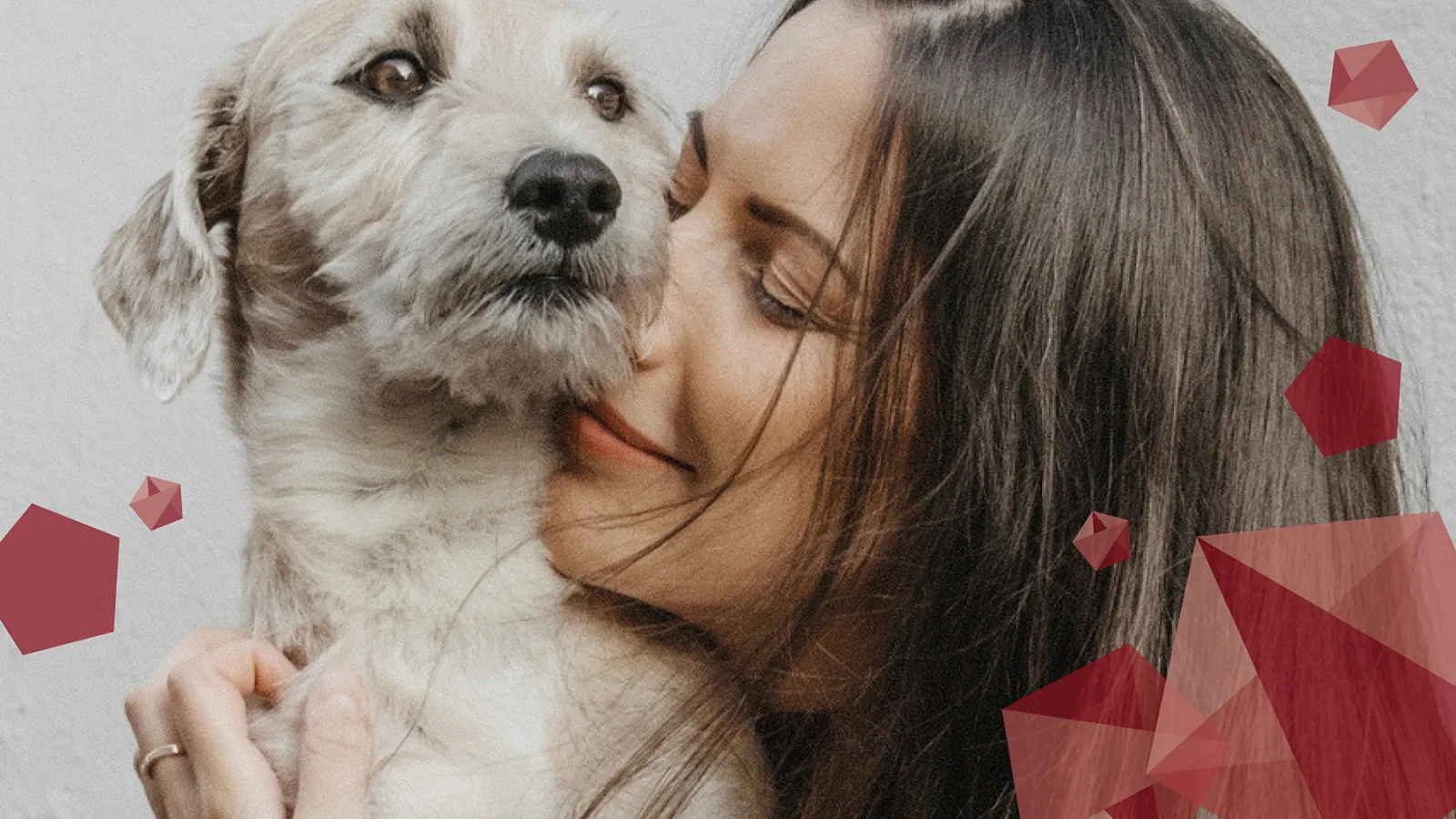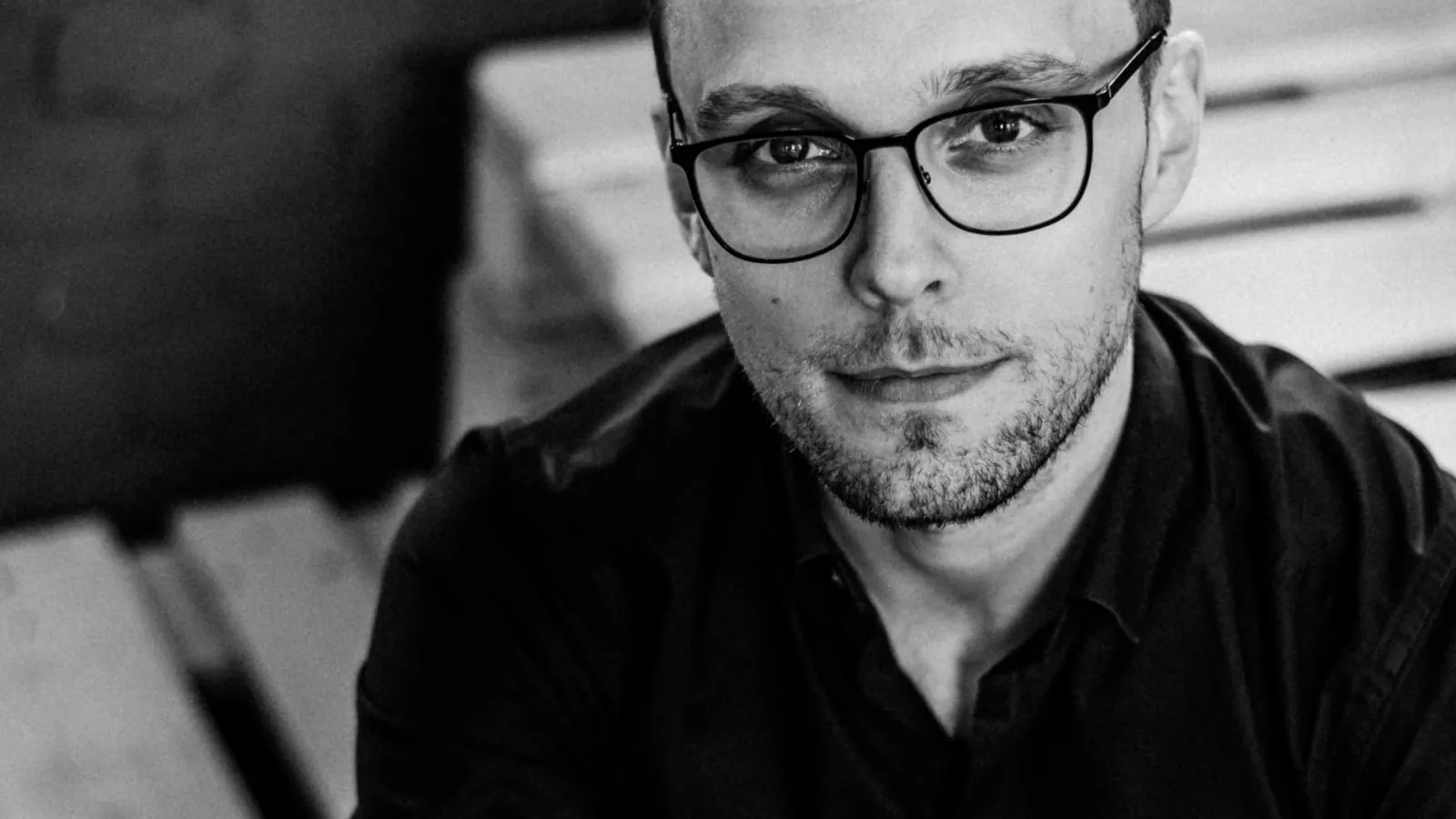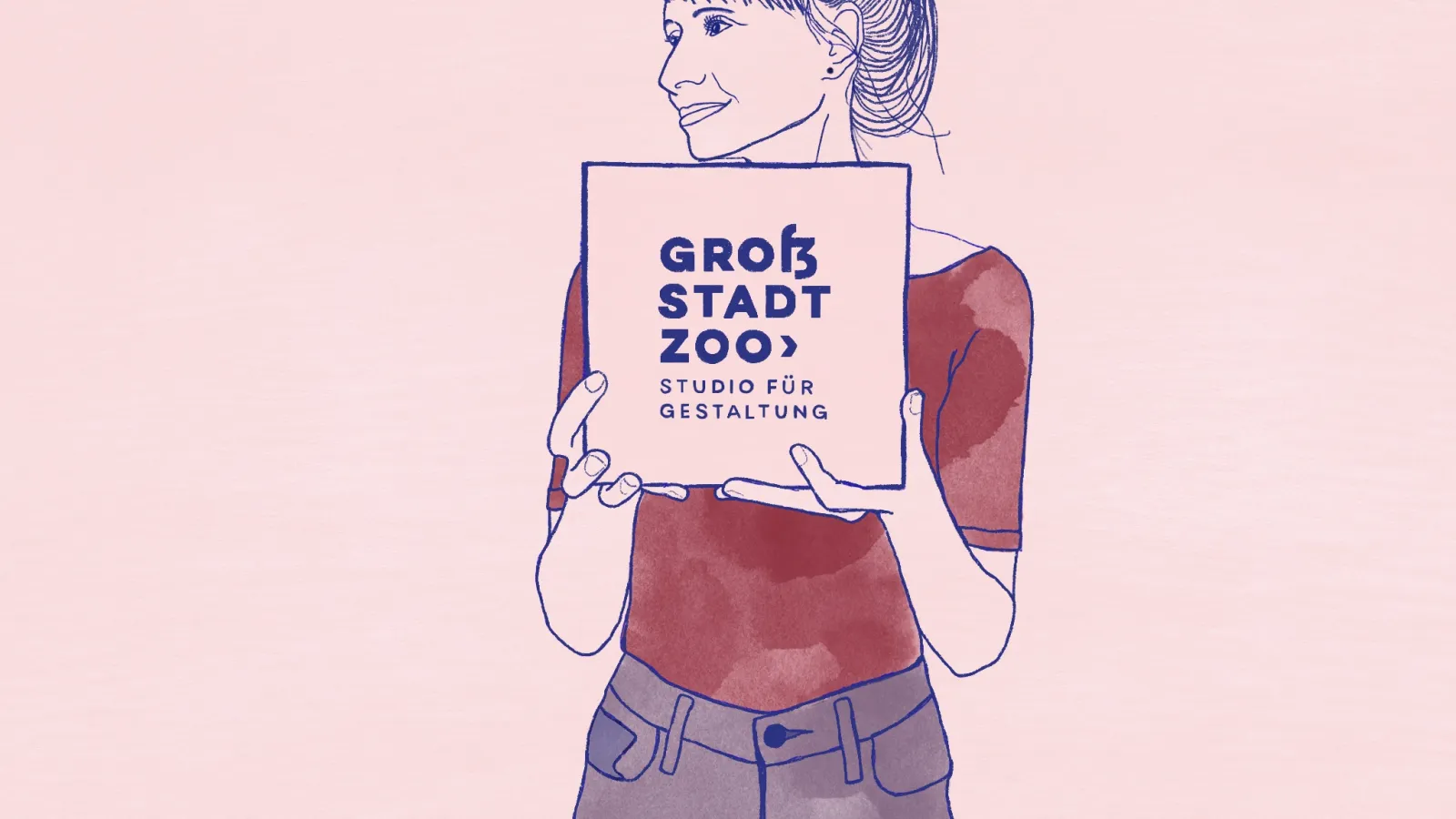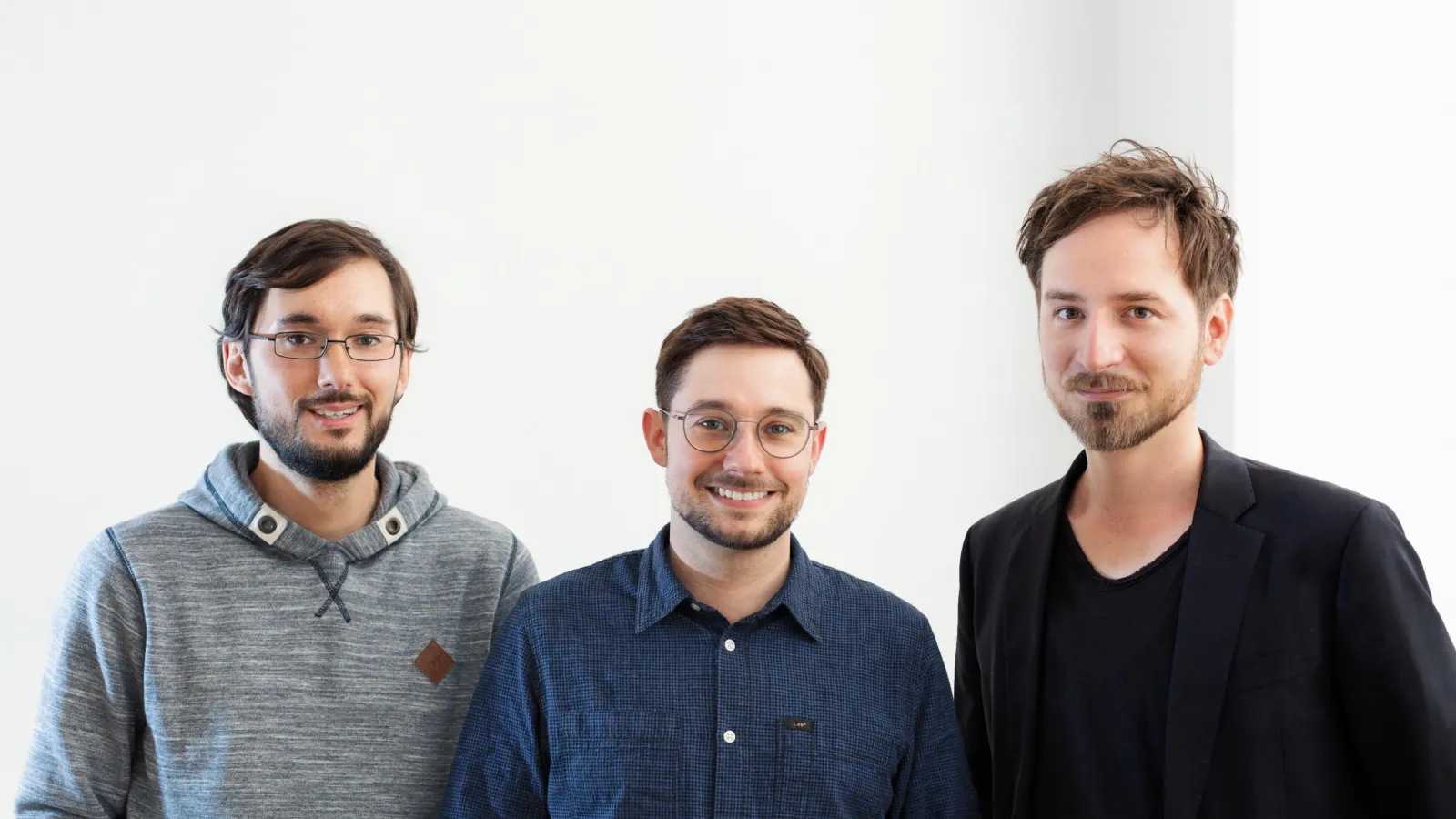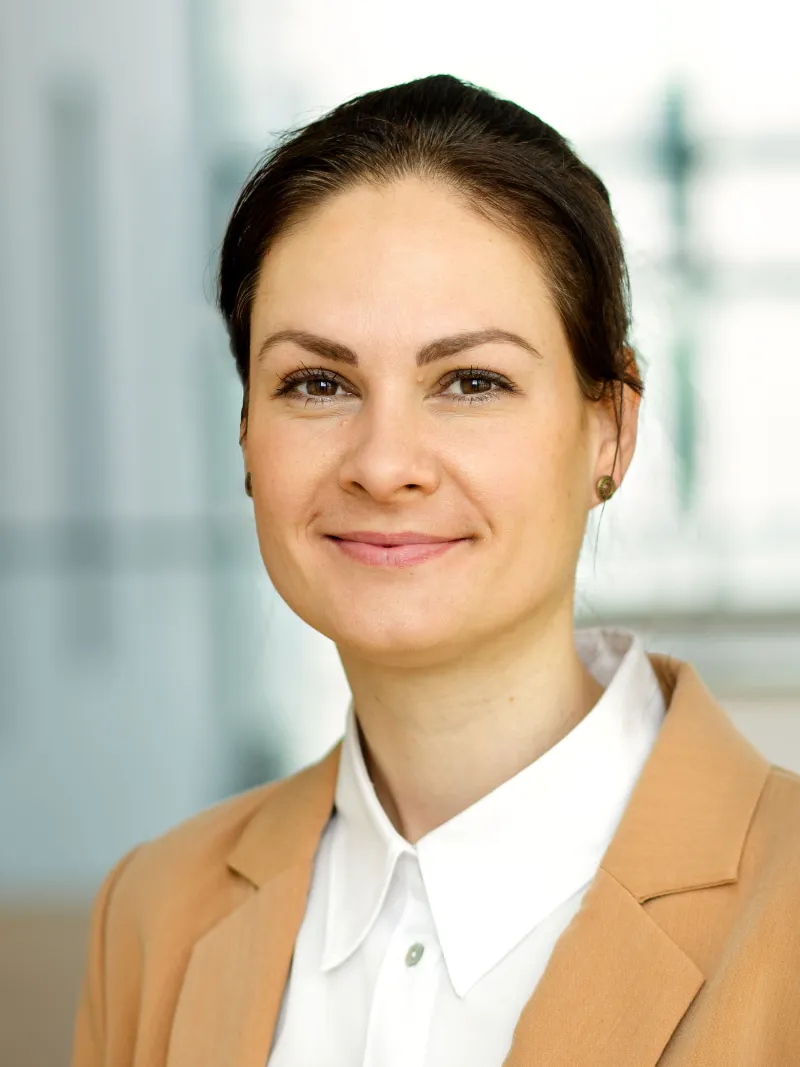Design alumna Yasmina Aust is a successful photographer in her adopted home of Potsdam, but her road there has been rocky. You could also say "Wow, what a story!" An inspiring start-up story that encourages you to trust your own instincts and tells you that being self-employed on your own doesn't automatically mean having to do without advice and help.
When did you decide to become a photographer?
Actually, early on, at the age of 11, it was my most urgent wish to study photo design later on. In the end, I actually studied design and started my own business as a photographer on the side. However, the way there was by no means that easy. At the time, my father spent a lot of energy trying to talk me out of this idea, for which I was completely on fire, with sometimes very hurtful comments. Of course, parents are great caregivers and so I finally bowed to his judgment and buried this vision of the future.
After training as a marketing communications clerk, I was quite aimless for many years and worked in all sorts of areas: From a receptionist to shoe and jewelry saleswoman, to promotion girl, handing out flyers to people who don't want them, or promoting Captain Morgan in seedy discotheques. It wasn't until the rather fateful beginning of my studies at the University of Applied Sciences Potsdam that my life took on its first vague structure. Fateful because, due to the fact that I had dropped out of school at the time, I wasn't actually allowed to study. Nevertheless, in a fit of boredom one day I leafed through a book "Studying from A-Z" from the employment office and came across this degree program, and felt like I had been struck by lightning. When I found out that it was possible to study with a special aptitude, my ambition was absolutely aroused and in the end, I was actually able to hold my own among the applicants.
To supplement my Bafög a little, I worked at the cash register of a drugstore and was absolutely miserable there. In addition, my first own dog died, which I got from the animal shelter at an old age. So I looked for solutions to make my life more worth living. So I offered a walking service on eBay Classifieds and uploaded a photo of my deceased dog. On the very second day, I was asked who had taken the photo. A little later, thanks to immense persuasion on his part, I had my first shoot for €50. My client recognized my talent and kept at it: "Make a Facebook page and upload five photos of yourself there. Then you'll see..." His words were proved right and what followed was an almost absurd rocket launch where I was virtually overrun overnight. After three weeks, I quit my part-time job at the cash register, stamped out business cards and websites, and was only on the road with my camera.
I basically owe everything to this person and I tearfully read him a thank you letter. He has access to free photos at any time, which he has modestly never once taken advantage of in all these years.
Professional photography is a highly competitive market - how much do you feel the competition?
In my beginner phase, I met a photographer who took me by the hand a lot as a friend and gave me some valuable tips about photography. Admittedly, I was extremely skeptical and not sure how right everything she told me was, and even feared that she would just bamboozle me in the end. However, as time went by, I realized that everything was so right and so I learned not only these things but a lot about valuable interpersonal skills and the power of mutual support. I now know that you can achieve much more together than on your own. You are always exchanging ideas and learning from each other. And maybe a colleague will spontaneously stand in for you when you're sick or help you with technical questions.
Furthermore, photography is not just photography. Every photo ever taken is always an insight into the soul, the past, longings, fears, and strengths of the photographer. You could have the same setting at the same time of day and year with the absolutely same people and moments and yet the photos would always be completely different. Because everyone sees things differently and captures them differently. That's why everyone has their own customer base and no one gets in each other's way. In addition, I think there is a huge demand thanks to social media and the like. So no talent has to go empty-handed in the end. I like to pass on this attitude and my know-how, and that's why organizing workshops and coaching sessions for young new photographers is one of the things I do very often at the moment. This door would never have opened for me if I had put it under competition. Good for me - good for them.
What do you think makes you so successful?
I think what makes me so successful is primarily my enormous ambition, which stems from my past history. Every shoot, every grateful customer feedback I receive heals a few old wounds and strengthens me in the fact that my father was simply not right back then. In the meantime, I have been able to free myself from what others think of me. I recognize, see, and feel my worth and that is probably one of the most touching things that have happened to me in recent years. No matter what anyone says about me, I know that I always try to do my best and that's all that matters to me now.
Of course, my circumstances also play a role: I don't have a partner or family and can concentrate fully on my job. This naturally gives me more opportunities to establish myself firmly than many of my colleagues who are responsible for so many other things in life.
Another point is my great need for security. A security that, by its very nature, is almost non-existent in self-employment. Having grown up in quite poor circumstances, I really appreciate financial security and food in the fridge. And at the same time, you never know when it's "enough" money. Faced with a possible broken bone, illness, or pension at the end of it, and in parallel no family or partner to catch me if necessary, I always feel restless and driven. I still urgently need to learn to respect my own limits, which I overstep almost compulsively. But everything is in process. Always.
Besides these pragmatic facts, I guess I also have quite a good feeling for people, colors, shapes, light, and moments, which of course benefits the photo results.
So as a freelancer, you have a lot of responsibility and little time, yet this was the only right path for you?
It's like having children - you can't know what it's like until you actually have them. And it's the same with self-employment. Besides, it wasn't really a conscious decision, it was more like being pushed into it. It's more of a vague idea. You'll never be able to comprehend how you just never get off work in your head, how you have to pull all-nighters for weeks on end just to go on holiday for a few days. You are a complete company, with all its different departments, in just one person. I don't know if I would have done it if I had been able to get an authentic taste of this emotional world, but I can also say quite clearly: I simply can't imagine doing anything else at all and I think I will continue to be self-employed for the rest of my life. In whatever form that takes.
So you wouldn't do anything differently if you could rewind time?
Definitely: no! In the end, every fall on my face was of great importance to the bigger picture. I wouldn't be where I am if things hadn't honed me. Even though a lot of it was of course often painful at the time or sometimes just stupid.
What compensation do you have that helps you in particularly stressful times?
In particularly stressful times, I simply don't have time for a balance. I feel like I'm working around the clock - even when I'm watching TV or going for a walk, I'm answering messages on social media, checking emails or planning posts, etc. Even when I'm in bed, I'm mentally busy. Even when I'm in bed, I go through what I have to do tomorrow or what I mustn't forget, either mentally or on my mobile phone.
My only oasis of peace is the warm, loving, and cute beady eyes of my dog Fridolin. I draw a lot of strength from this! However, if it is " only" stressful-stressful and not particularly stressful, then I take advantage of even a short lunch break to go out into nature in my converted station wagon. There I go for a walk or lie in my boot and read a book while my dog runs around in the field in the meantime. My car is my epitome of freedom and everyday escape. Here I can set off at any time and leave everything behind. At least physically, but of course, the thoughts often come along. (Interview from October 2021 - Anne Timm)

 Supported by the Ministry of Economic Affairs, Labour and Energy with funds from the European Social Funds Plus (ESF+) and the State of Brandenburg.
Supported by the Ministry of Economic Affairs, Labour and Energy with funds from the European Social Funds Plus (ESF+) and the State of Brandenburg. EXIST – University-Based Business Start-Ups
EXIST – University-Based Business Start-Ups
